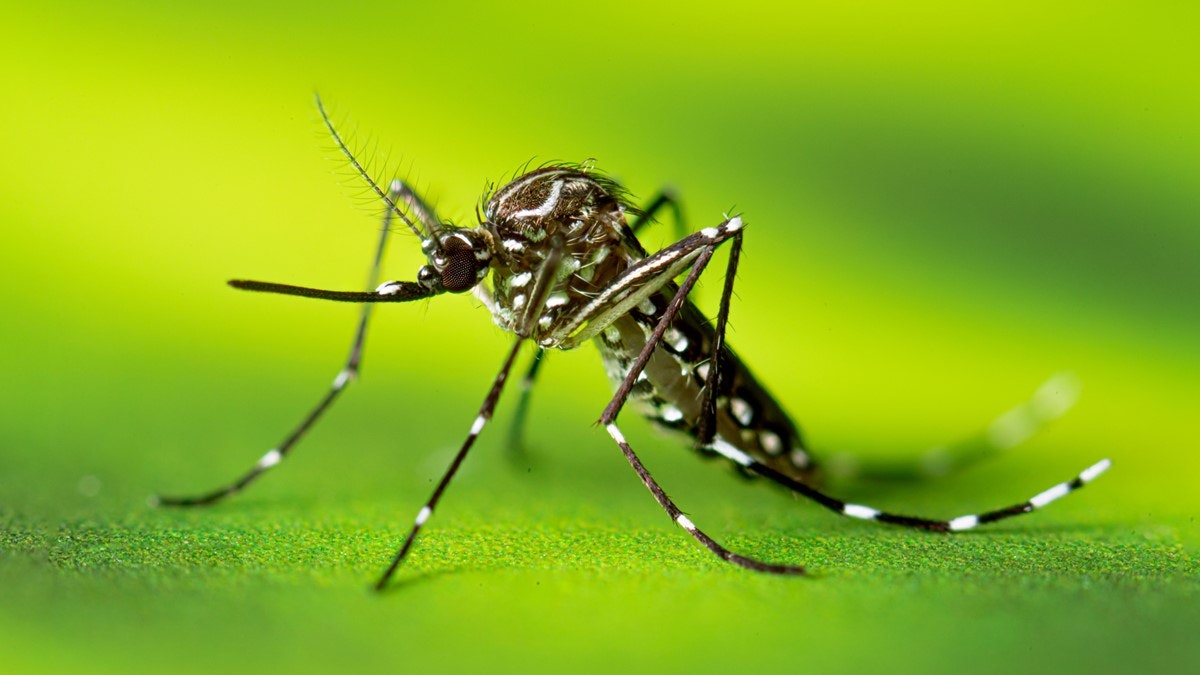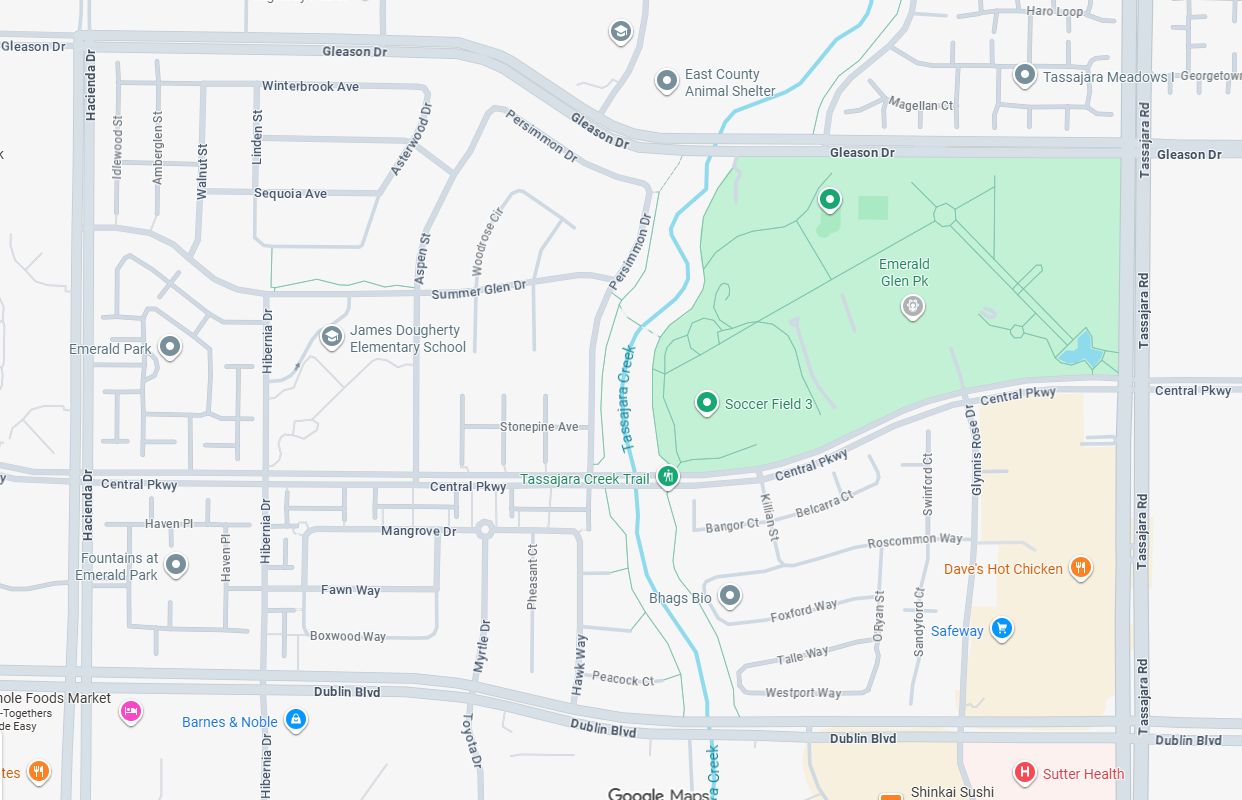First Detection of the Invasive Aedes aegypti Mosquito in Dublin

HAYWARD, Calif. October 20, 2025 — The Alameda County Mosquito Abatement District has confirmed the discovery of one adult Aedes aegypti mosquito in Dublin in 2025. This marks the first detection of the invasive species in the city. The District is working with city officials and agencies to inform residents and inspect properties.
Aedes aegypti is not native to California and can transmit diseases such as dengue, Zika, and yellow fever. In response, District staff are going door-to-door in the detection zone in central Dublin to inspect and treat potential mosquito breeding sites, along with follow-up trapping.
"Unfortunately, Aedes aegypti mosquitoes have been detected in Dublin, says Board Trustee for the City of Dublin and Dublin Vice-Mayor, Kashef Qaadri. "The best action residents can take is to remove standing water from their properties. Even small amounts of uncovered water can provide a habitat for mosquitoes, especially this invasive species. Containers, toys, birdbaths, or any items that can hold even a tablespoon of water can allow mosquitoes to breed. We also ask residents to cooperate with District staff if they come to your door and allow them to inspect outdoor areas. If you have any questions or concerns, please call the District office at 510-783-7744."
The detection occurred north of Dublin Blvd between Hacienda Dr and Tassajara Rd. Residents may see District staff in uniforms with official logos and identification. Staff will be inspecting yards and outdoor spaces for mosquito breeding sites.
For questions or concerns, visit www.mosquitoes.org or call (510) 783-7744.
Aedes aegypti is an aggressive, daytime-biting mosquito that often targets ankles. It is a container breeder, laying eggs just above the waterline in small, artificial sources such as buckets, pet dishes, fountains, birdbaths, plant saucers, and old tires. Eggs can survive for over a year without water. Scrubbing containers helps dislodge eggs and prevents them from being moved to new locations. The District’s goal is to prevent this species from becoming permanently established in Alameda County.
The District urges residents in Dublin—and throughout Alameda County—to inspect their properties for standing water, which can serve as mosquito breeding habitat. Aedes aegypti eggs are tiny and can be mistaken for dirt or seeds. This mosquito can develop from egg to adult in as little as the water held in a bottle cap. Adult mosquitoes are less than a quarter-inch long, with black and white stripes on their backs and legs. They typically bite people and do not travel far—generally less than 300 feet from where they hatch. In Alameda County the weather has been especially warm along with rain, which are ideal conditions for Aedes aegypti eggs to hatch.
If Aedes aegypti becomes established in Alameda County, it could threaten the quality of life in the Tri Valley, as these mosquitoes are highly aggressive and active during daylight hours. While not native to California, Aedes aegypti is now found in at least 26 counties statewide, including nearby counties.
Protect Yourself from Mosquito Bites:
· Apply insect repellents containing EPA-registered ingredients such as DEET, picaridin, IR3535, or oil of lemon eucalyptus.
· Wear long-sleeved shirts, pants, socks, and shoes when mosquitoes are most active.
· Ensure window and door screens are in good condition.
· Report daytime mosquito activity immediately to the Alameda County Mosquito Abatement District at (510) 783-7744 or www.mosquitoes.org.
If you develop a fever, headache, and joint or muscle pain after returning from an area where dengue, chikungunya, yellow fever, or Zika is present, contact your doctor. Use mosquito repellent for three weeks and stay indoors as much as possible to avoid mosquito bites and prevent the possible spread of disease.
For more information, visit www.mosquitoes.org.

